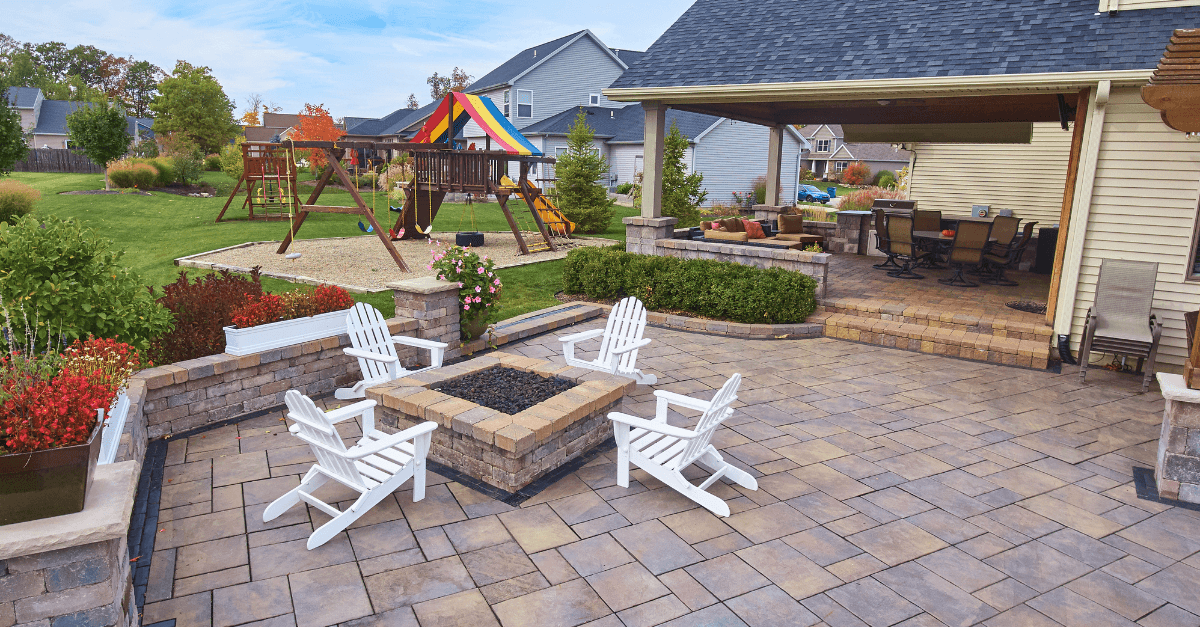10 Ways Homeowners Can Save Money on Energy

Everyone wants to save money; your home is the perfect place to start.
Here are some ways to put money back in your pocket by making your home more energy efficient – many requiring zero financial investment.
1: Get Smart About Heating and Cooling
Heating and cooling costs increase significantly in the hot and cold seasons. Here are two things you can do to optimize your usage.
Install a smart thermostat: these automatically turn off when your desired temperature is achieved and when no one is home. It can save up to $150 per year.
Replace air filters: this allows air to flow freely to your heating and cooling systems and prevents them from working harder than they need to, saving you energy, repairs, and potentially early replacement.
2: Seal and Insulate Your Home
Feeling hot or cold walls? Your insulation is the likely cause.
Shore up deficient areas and, if needed, do a wholesale insulation replacement.
Not only will this save you money, it’s also one of the highest-ROI home projects you can undertake.
3: Sensible Use of Appliances
If you’re not using it, turn it off. This is simple but takes discipline. Over time, the savings add up.
4: Replace Your Incandescent Light Bulbs
Incandescent light bulbs consume more energy than Light-Emitting Diodes (LEDs). Changing to more efficient options can reduce your lighting energy costs by 50% to 70%.
5: Improvise Water Heating Methods
Tankless water heaters, while more expensive, last much longer than tank heaters (20 years vs. 10-12 years) and tend to use less energy (only when hot water is needed). If your existing heater is nearing its end, consider a tankless upgrade.
6: Install Energy-Efficient Toilets
About 30% to 40% of your water bill is flushed down the toilet. If you have older toilets, consider upgrading to new and more energy efficient models. Some can save you up to 2 gallons of water per flush.
7: Insulate Windows and Doors
Doors and windows are responsible for about one-third of the total energy lost in the house. Insulating or repairing old windows and doors can reduce your energy expenses on heating and cooling.
8: Use Daylight
Use sunlight as an alternative to electrical light during the daytime. Keep blinds open and, if it makes sense to do so, install skylights to maximize your sun exposure.
9: Improve your Laundry Habits
Your laundry habits may be costing you more than you think. Avoid running partial loads of laundry, use cold water if you can, and air dry if you’ve got the time.
10: Notice your Cooking
Convection ovens are more energy efficient than conventional, using up to 20% less electricity. Gas ranges, if an option available to you, tend to be more efficient as well (plus, they can be used in a power outage!).
The little things add up!
Saving money doesn’t need to be the result of a big up-front investment. Many of these recommendations are low-cost or free, requiring small tweaks to your lifestyle. And, for updates requiring a more significant investment, you can get a free estimate from our team to better understand their impact.


